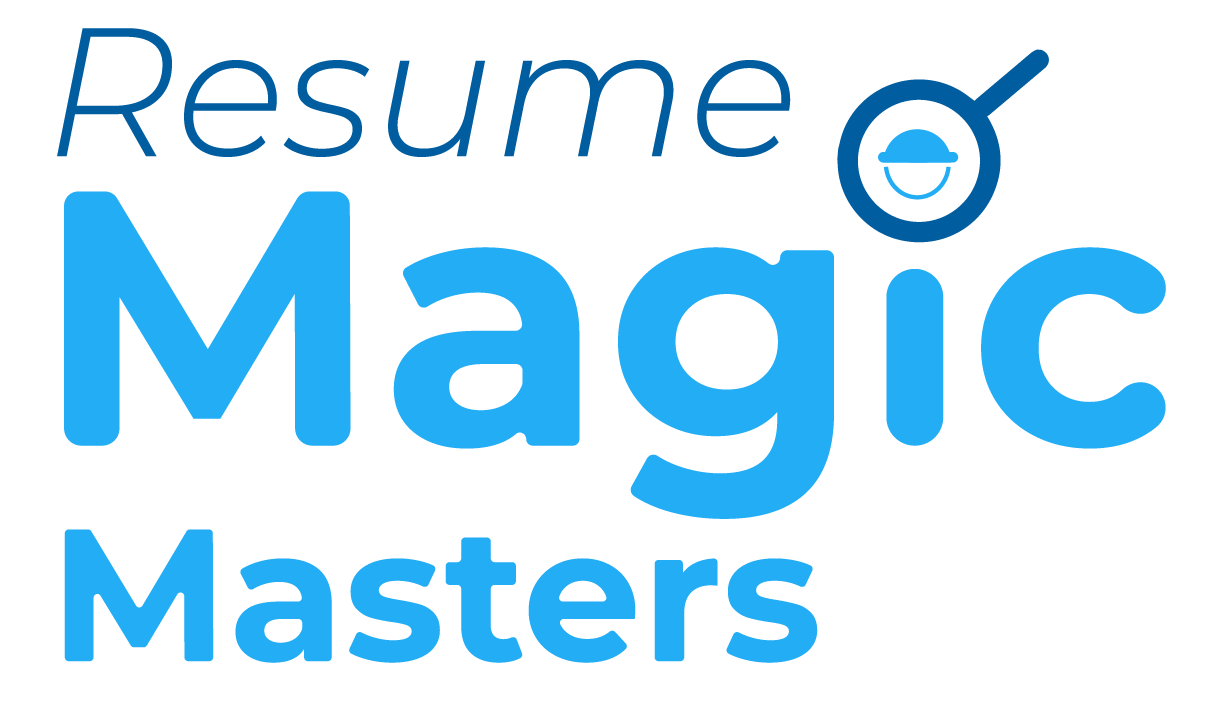Determining the optimal length for your resume can be a daunting task, especially when opinions vary widely. However, understanding the conventions and expectations for resume length can help you create a concise, effective document that captures the attention of hiring managers. This guide will cover general recommendations, exceptions, and tips for ensuring your resume is just the right length.
General Guidelines for Resume Length
1. One Page for Early Career Professionals
- Who It’s For: If you’re a recent graduate or have less than 5-7 years of experience, aim for a one-page resume.
- Why: A concise resume allows you to present relevant information without overwhelming the reader. It showcases your most important achievements and skills.
2. Two Pages for Experienced Professionals
- Who It’s For: If you have more than 7 years of experience, it’s generally acceptable to extend your resume to two pages.
- Why: More space allows you to include a broader range of relevant experiences, accomplishments, and skills without sacrificing clarity.
3. Avoid Three Pages Unless Necessary
- Who It’s For: Only consider a three-page resume if you are a senior executive or have an extensive background with numerous relevant achievements.
- Why: Long resumes can deter hiring managers, as they may not have the time or inclination to read them fully. Focus on quality over quantity.
SEO Keywords: resume length, one-page resume, two-page resume, resume guidelines
Factors Influencing Resume Length
1. Industry Norms
Different industries may have varying expectations for resume length:
- Creative Fields: Industries such as design or advertising may allow for more creative formats, including longer resumes that showcase portfolios.
- Technical Fields: Engineering or IT resumes can also be longer if they include detailed project descriptions and technical skills.
2. Experience Level
Your career stage significantly affects resume length:
- Entry-Level Positions: Stick to one page to highlight education and relevant internships or projects.
- Mid-Career Professionals: Two pages are suitable for highlighting a solid work history and achievements.
- Executives: Senior roles may require additional space to showcase strategic accomplishments, leadership roles, and high-level skills.
3. Job Requirements
Tailor your resume length based on the job description. If a job posting specifically requests concise applications, adhere to those guidelines.
SEO Keywords: industry norms, experience level, job requirements
Tips for Keeping Your Resume Concise
1. Prioritize Relevant Information
Focus on experiences and skills that are directly relevant to the job you’re applying for. Remove any unrelated positions or outdated skills.
2. Use Bullet Points
Bullet points make it easier to convey information quickly. Aim for concise statements that highlight your achievements and responsibilities.
3. Optimize Formatting
Use a clean, professional format that maximizes space without looking cluttered. Keep margins reasonable and use a readable font size.
4. Edit Ruthlessly
Be prepared to edit and revise. Remove redundant phrases, unnecessary details, and anything that doesn’t add value to your application.
SEO Keywords: concise resume, bullet points, resume formatting, editing tips
Common Misconceptions About Resume Length
1. More Experience Equals a Longer Resume
While it’s important to provide enough context for your experience, quality is more critical than quantity. Focus on impactful achievements rather than lengthening your resume unnecessarily.
2. Every Detail Must Be Included
Your resume is not a comprehensive career history. Focus on the most relevant experiences that align with the job you’re applying for.
3. A Longer Resume Means More Value
Longer resumes can dilute your key messages. Aim for clarity and impact instead of striving for length.
SEO Keywords: resume misconceptions, resume clarity, effective resume length
Conclusion
The ideal resume length typically ranges from one to two pages, depending on your experience level and industry. Focus on including relevant information, prioritizing achievements, and maintaining a clear format. Remember, your resume is a marketing tool designed to showcase your value to potential employers—ensure it’s concise, compelling, and tailored to the job you want. By following these guidelines, you can create a resume that stands out for all the right reasons!
